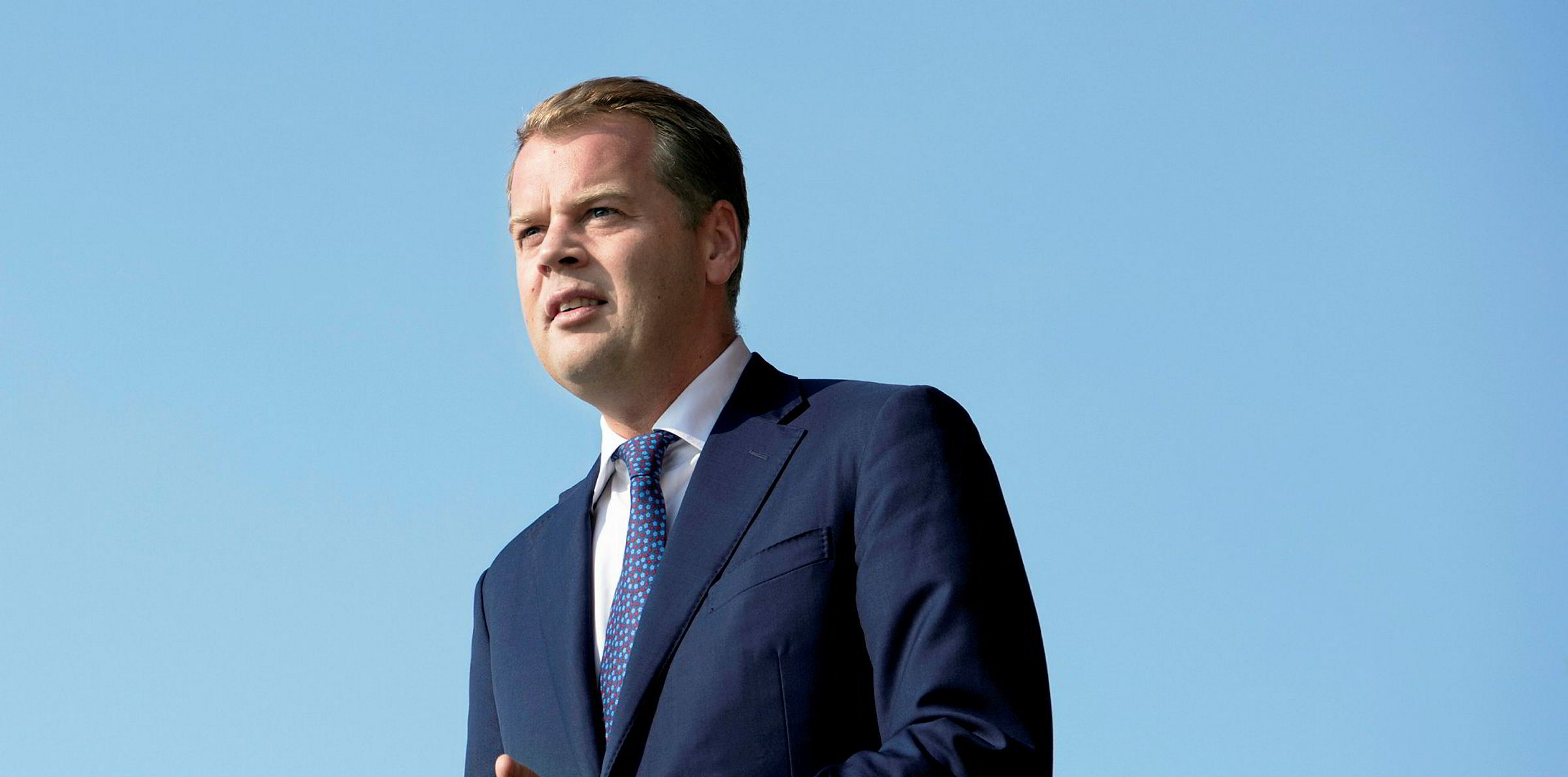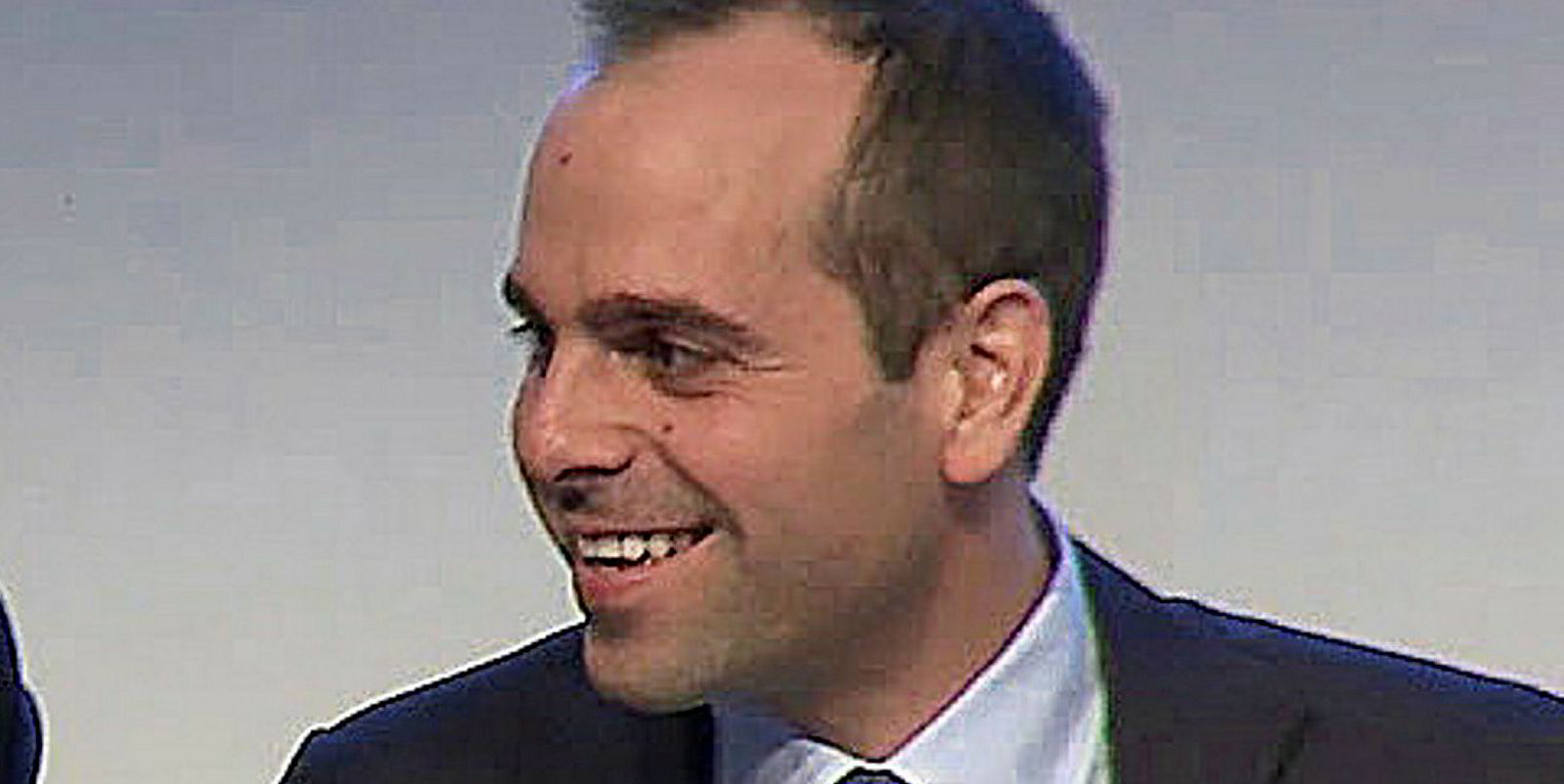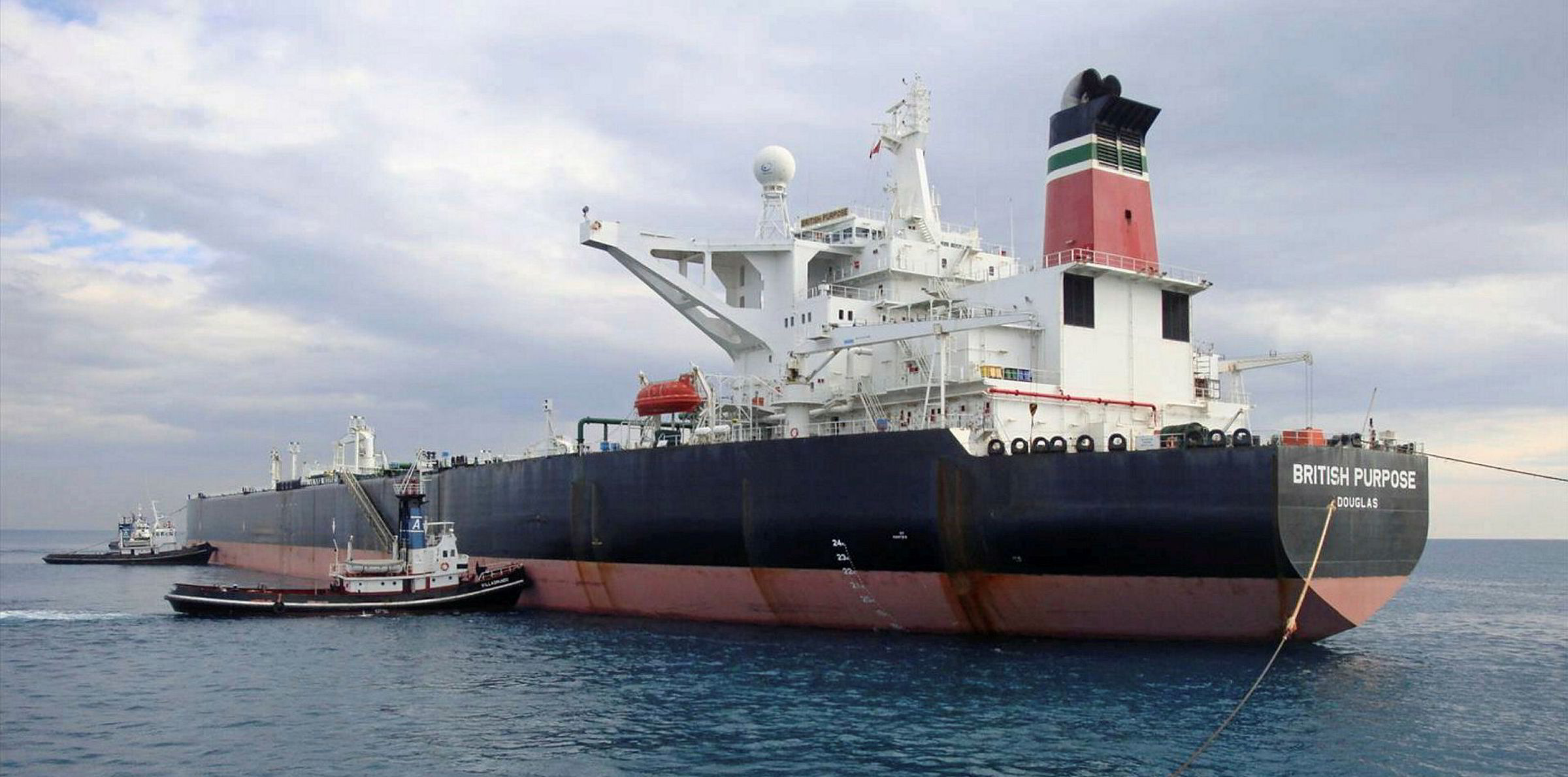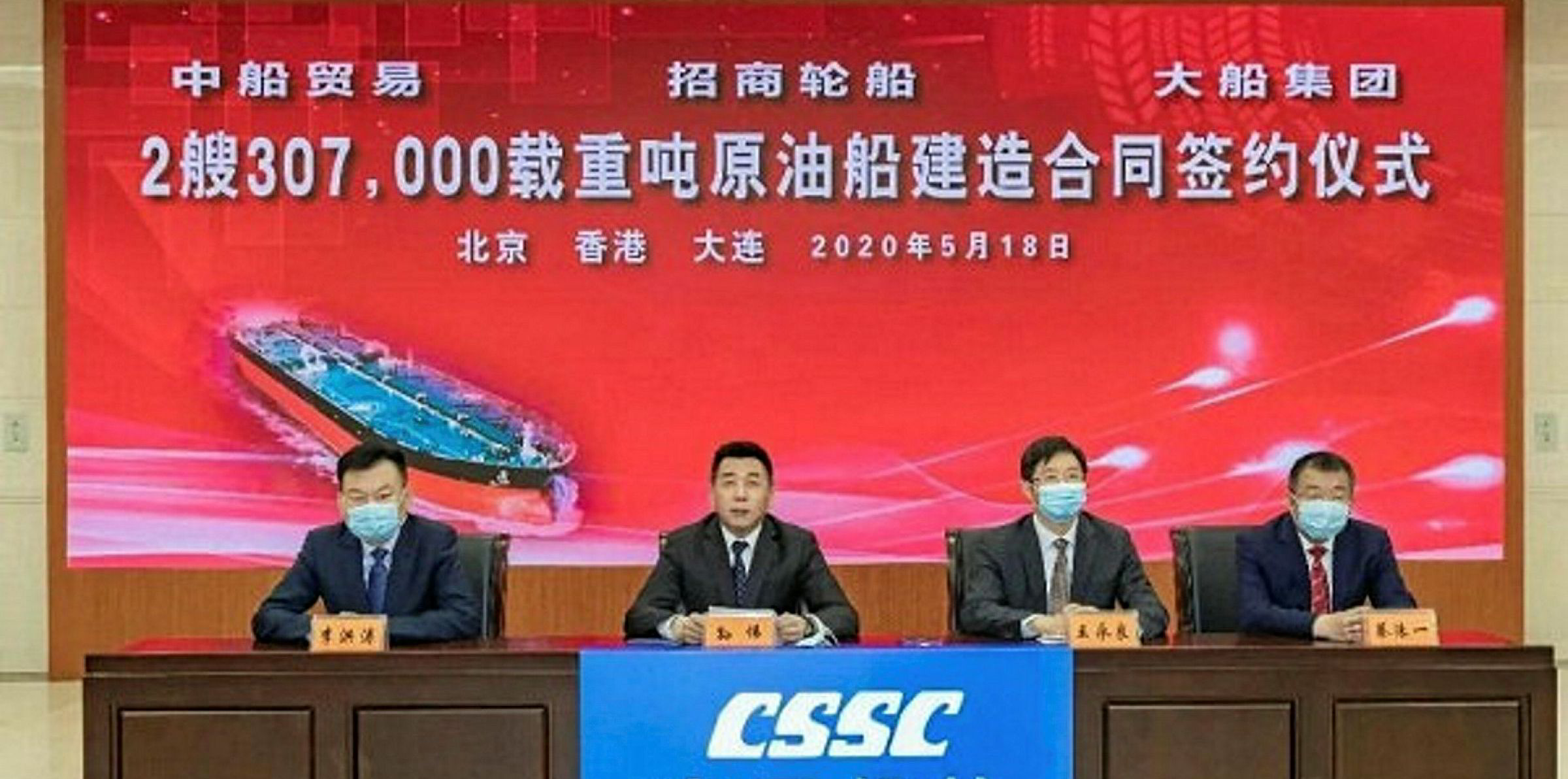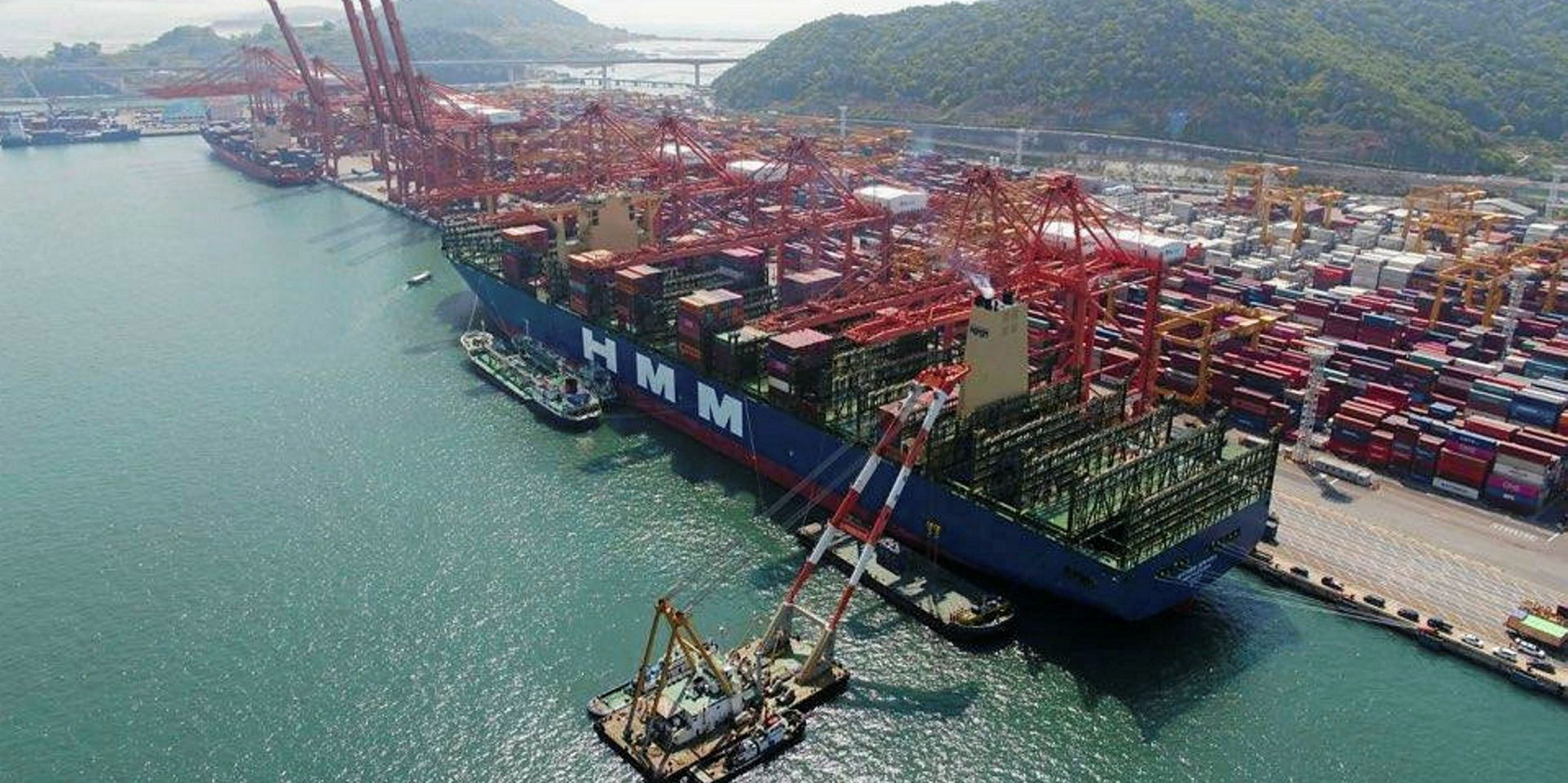John Fredriksen's Frontline has followed its tanker peers in posting a bumper profit for the first quarter, as it took advantage of booming markets to fix seven ships on terms contracts.
The Oslo and New York-listed owner announced net earnings of $165m to 31 March, against $40.1m in the same period of 2019.
Its 70 ships brought in revenue of $412m, up from $238m the year before.
Following the end of the quarter, Frontline said it chartered out two VLCCs for an average of 9.5 months at a whopping $82,400 per day.
This is higher than the $72,800 the company achieved on average in the spot market in the first three months.
The company also fixed out three more VLCCs for just under six months at $91,700 per day, an LR2 for $40,000 over a year, and a suezmax for $52,900 on a short-term deal. More term charters are likely, the shipowner signalled.
TradeWinds had reported in April that the 110,000-dwt LR2 Front Altair (built 2016) had secured a $14.4m charter deal from Vitol over 12 months.
The vessel was booked with the option of being used for crude transport.
Fearnley Securities called the results "stellar", with a similar second quarter to follow.
The investment bank said that despite the charter coverage it remains largely a spot operator in the second three months.
Ebitda of $239m was largely in line with expectations.
"Overall Frontline has had a fantastic chartering performance in the first quarter, with a 16%/30% out-performance compared to the peer group," Fearnley added.
The bank expects second quarter Ebitda of between $240m and $260m.
Scrubbers scrapped for now
Frontline said that due to the recent strong market and a decrease in fuel spreads between high and low sulphur bunkers, it has decided to postpone scrubber installations on two VLCCs and two suezmaxes.
The tanker owner should save $7.6m from these deferrals, as well as making more money from their continued operation.
Financing arranged
Frontline has repaid $60m of its $275m loan from major shareholder Fredriksen's private Hemen Holding. Up to $215m remains available.
This month Frontline has agreed a $62.5m term loan with Credit Agricole to finance a VLCC being built at Hyundai Samho Heavy Industries.
The five-year deal carries interest of Libor plus 190 basis points.
Nordea is also providing up to $50m to refinance an existing loan maturing in March 2021.
The new finance matures in March 2023 and has the same interest rate as the Credit Agricole deal.
Frontline is also in talks with CEXIM and Sinosure to borrow $134m for the financing of four LR2 tankers under construction at Shanghai Waigaoqiao Shipbuilding.
And the company is considering a share offering worth $100m to "maintain maximum flexibility" regarding its balance sheet.
But the owner added it will not sell at the current share price level, with markets depressed during the pandemic.
Dividend still in place
The company has declared a cash dividend of $0.70 per share for the first quarter.
Suezmax tankers and LR2 tankers achieved average time charter equivalent (TCE) rates of $57,800 and $31,200 per day in the period, respectively.
For the second quarter, Frontline is estimating earnings of $92,500 for VLCCs, having contracted 75% of vessel days.
For suezmaxes the figure is $69,500, with 63% of the fleet covered, with LR2s at $50,200 and 53% coverage.
But Frontline added: "We expect the spot TCEs for the full second quarter of 2020 to be lower than the TCEs currently contracted, due to the impact of ballast days at the end of the quarter as well as current weaker rates."
Demand to bounce back
Chief executive Robert Hvide Macleod said that Frontline achieved its best ever first quarter since 2008, despite extreme volatility in spot rates.
"We are extremely thankful to our staff and crew members for their extraordinary efforts and dedication, which contributed to our results during this challenging period," he said.
He added that the strong market has carried over into the second quarter.
"We have also secured some very attractive time charters and we will continue to explore period charter opportunities going forward," he said.
He added that the newbuilding orderbook is at a 25-year low, and the tanker fleet is ageing. There is also an expectation that oil volumes will return as demand recovers.
"The tanker market has corrected downwards in recent weeks and faces pressure in the short term, both from production cuts and inventory draws, but we believe we are well positioned due to our strong balance sheet and low cost base,” Macleod said.
The company admitted the floating storage trade will not last forever and "we may move to an inventory draw period quicker than expected."
Destocking of inventories will reduce absolute demand for crude and product transport, Frontline added.
"Recently, market participants have been surprised by the speed and depth of the recent oil demand recovery given that the market was in total distress and capitulation less than one month ago," Frontline said.
